Directory
- Share
Ria Roy
- Alumni
- Korea, Republic of
- 2017 PhD Asian and Middle Eastern Studies
- Selwyn College
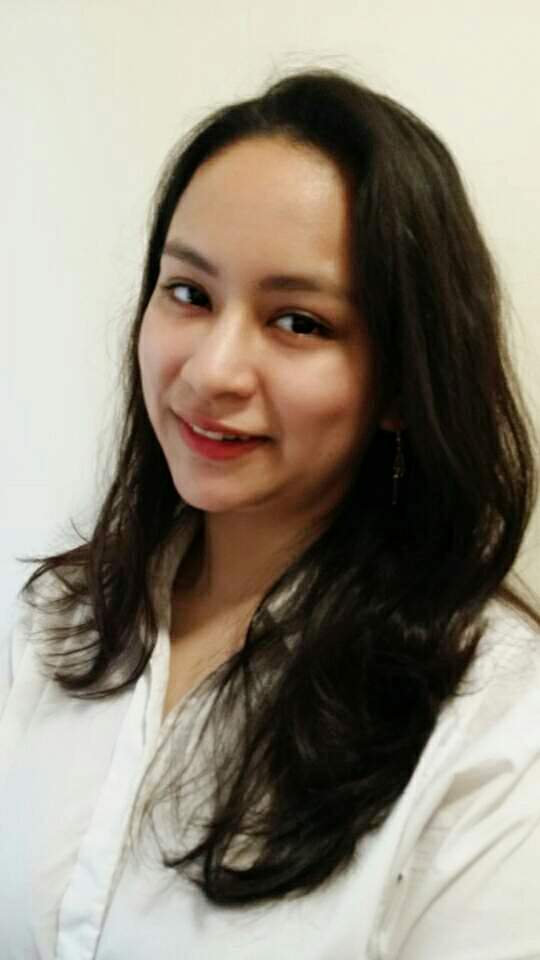
Ria Roy
- Alumni
- Korea, Republic of
- 2017 PhD Asian and Middle Eastern Studies
- Selwyn College
Ria Roy is a historian of modern East Asia interested in the reception of Western political ideas in East Asia and the revolutionary bloc.
https://www.hoover.org/profiles/ria-roy
Previous Education
Waseda University
Harvard University
Victor Roy
- Alumni
- United States
- 2009 MPhil Modern Society and Global Transformations
2012 PhD Sociology - King's College
Victor Roy
- Alumni
- United States
- 2009 MPhil Modern Society and Global Transformations
2012 PhD Sociology - King's College
Ethan Rubin
- Alumni
- United States
- 2013 MPhil Education
- Fitzwilliam College
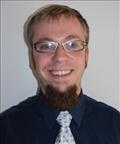
Ethan Rubin
- Alumni
- United States
- 2013 MPhil Education
- Fitzwilliam College
Jee Rubin
- Alumni
- United States
- 2018 PhD Education
- Jesus College

Jee Rubin
- Alumni
- United States
- 2018 PhD Education
- Jesus College
My undergraduate studies in opera performance led me to Jordan, where I served as a Fulbright fellow researching music education for young Syrians. I went on to live in the region for another five years, primarily working as an education consultant to humanitarian aid organizations. While this experience solidified my interest in education, it also raised difficult questions about the potential for aid efforts to harm those they aim to help.My doctoral research on the geopolitics of higher education in Syria was born out of these experiences and concerns. The project examines how foreign actors within the conflict—western aid donors among them—have come to shape universities throughout the country. It is my hope that research of this kind might inform more just practices of solidarity and support for Syrian academic communities.
Lily Rubino
- Alumni
- United States
- 2020 PhD Geography
- Churchill College
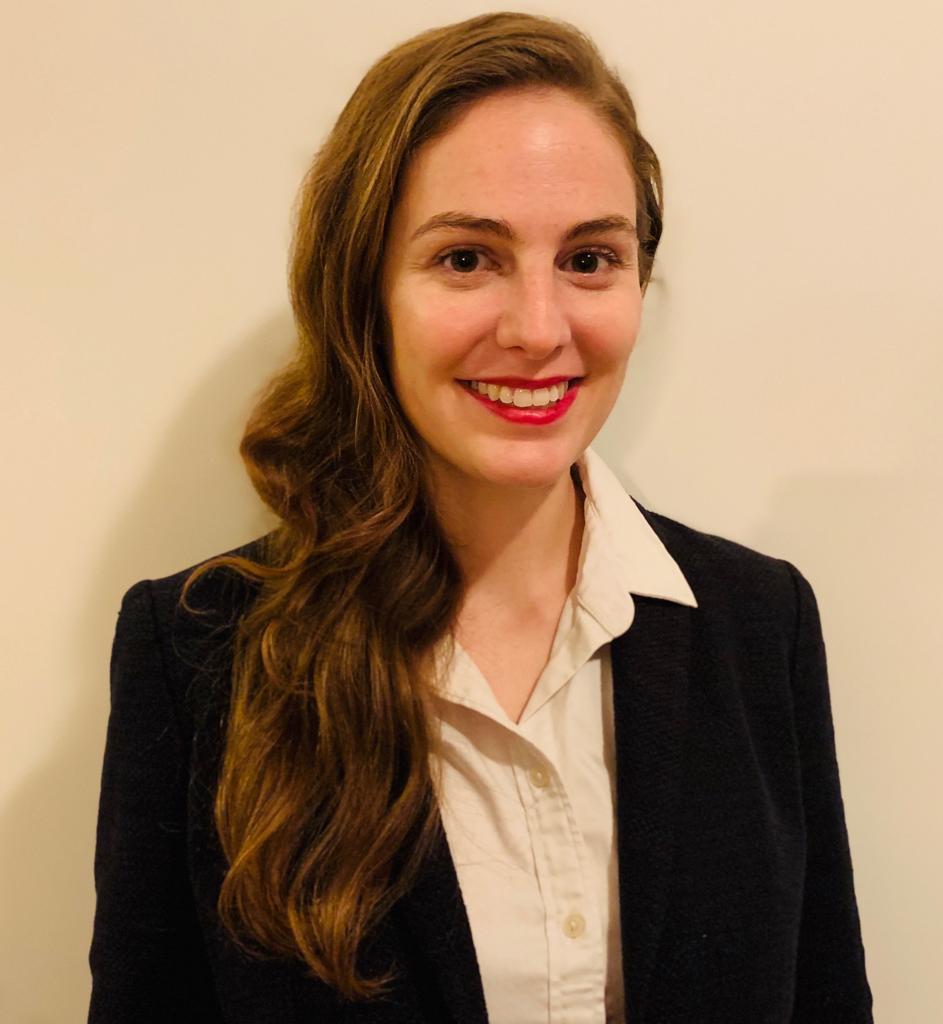
Lily Rubino
- Alumni
- United States
- 2020 PhD Geography
- Churchill College
For the past four years I have raised critical funds for WaterAid, a non-profit dedicated to universal access to clean water. However, my interest in the water sector began during my MSc at University College London, conducting research in the Colombian Amazon on the efficacy of water access indicators used to measure Millennium Development Goal progress. For my PhD in Geography at Cambridge, I will continue to focus on household water issues, exploring the impact of extreme water scarcity in northern Colombia by privileging the epistemic standpoint of indigenous women in the region. Very little is known about women’s specific household water needs and how, often highly contested access is negotiated amid competing internal and external processes. As climate change exacerbates water insecurity and competition for resources becomes increasingly fraught, representative data that informs effective, resilient and equitable water policies is urgently needed. Insisting that gender counts has long been a core project of feminist researchers. I seek to continue these efforts, closing the gender data gap and ensuring women’s lives are visible in the literature and at the forefront of policy decision-making in the water sector and beyond.
Previous Education
University College London Anth, Environment, Development 2014
College of William and Mary Anth & Environmental Science 2012
Emelyn Rude
- Alumni
- United States
- 2018 PhD History
- King's College
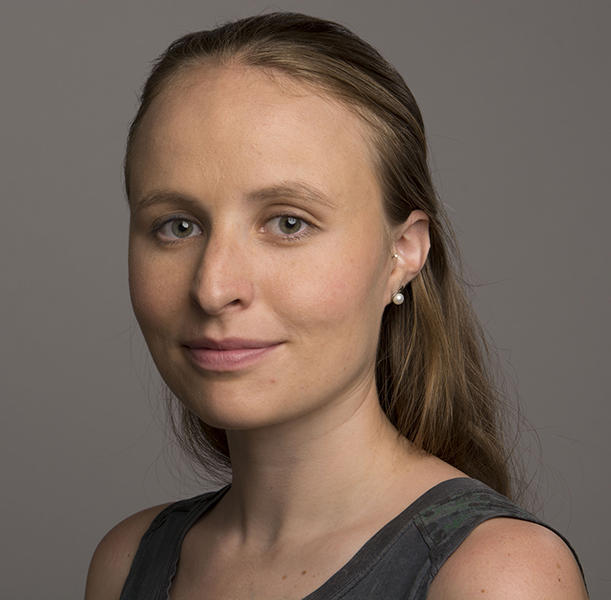
Emelyn Rude
- Alumni
- United States
- 2018 PhD History
- King's College
As the daughter of two globetrotting agricultural economists, I've always been fascinated by why people eat what they eat. My obsession with what's for dinner led me to work in the basements of some of New York City's finest restaurants, to test recipes in the kitchens of renowned cookbook authors, and to sift through the archives of the man who invented the chicken nugget. As a National Geographic Explorer and avid scuba diver, I also care deeply about the natural world and the impact humans are having on the health of our oceans. My PhD research at the University of Cambridge will combine these two interests to focus on how past fish stock collapses have impacted national eating habits. It is my hope that this work will provide a new mode of understanding the social effects of these environmental and economic catastrophes. A graduate of Harvard University with a degree in Social Studies and a current Cambridge MPhil student studying Economic and Social History, I am also the author of "Tastes Like Chicken: a History of America's Favorite Bird" and the founding editor of Eaten: the Food History Magazine.
Previous Education
Harvard University
University of Cambridge
Erik Rudicky
- Alumni
- Czech Republic
- 2018 PhD Politics and International Studies
- Corpus Christi College
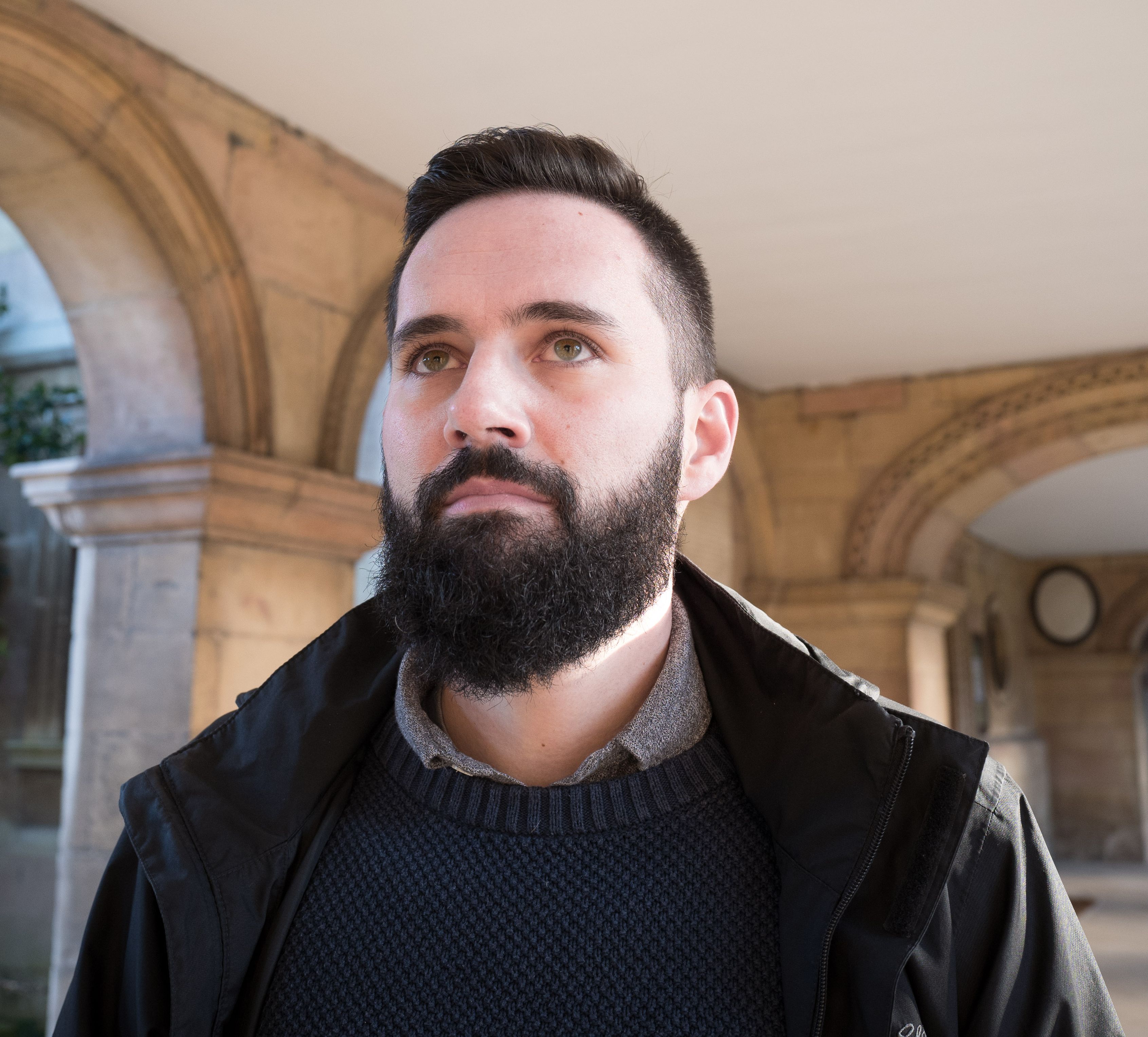
Erik Rudicky
- Alumni
- Czech Republic
- 2018 PhD Politics and International Studies
- Corpus Christi College
My research project concerns the legitimacy and sovereignty of states and non-state actors in "tribal" societies, particularly in South Arabia. More specifically, the project investigates the relationships between tribes, religious elites and the state, especially where these relationships were altered by large-scale interventions from outside actors and ideologies, or by the discovery of natural resources. I believe that proper understanding of these relationships will have a bearing on the development of location-specific approaches to a variety of societies and contribute to a fairer distribution of humanitarian aid and development funds. I am also interested in the research of desertification, revival of grasslands through improved livestock management practices, access to land for small-scale farmers and the dynamics of rural life. These issues are relevant across the globe and directly affect public health; yet not enough is currently being done to reverse desertification, improve the condition of our grasslands and return farming families into the countryside.I am thankful for the opportunity to join the Gates Cambridge community of scholars. I appreciate the Trust’s mission and very much look forward to the beginning of the academic year.
Previous Education
Middlebury College
University of Cambridge
Timothy Rudnicki
- Alumni
- United States
- 2014 MPhil Economic and Social History
- Sidney Sussex College
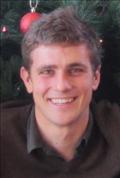
Timothy Rudnicki
- Alumni
- United States
- 2014 MPhil Economic and Social History
- Sidney Sussex College
I grew up in the suburbs of Chicago and graduated in 2014 from the University of Chicago with a B.A. in History and Economics. I began my undergraduate studies intending to study macroeconomic theory in preparation for a career in economic development. However, I soon realized that I was more interested in using the economic history of developed countries as a source of policy lessons for the developing world today. As such, I studied for an M.Phil in Economic and Social History at Sidney Sussex, and wrote my thesis on the occupational structure of the region of England at the center of the industrial revolution between 1600 and 1850. I now am working as an Associate in the Chicago office of the Boston Consulting Group on a variety of interesting projects.
Juan Carlos Rueda Silva
- Alumni
- Mexico
- 2021 PhD Genetics
- Trinity College
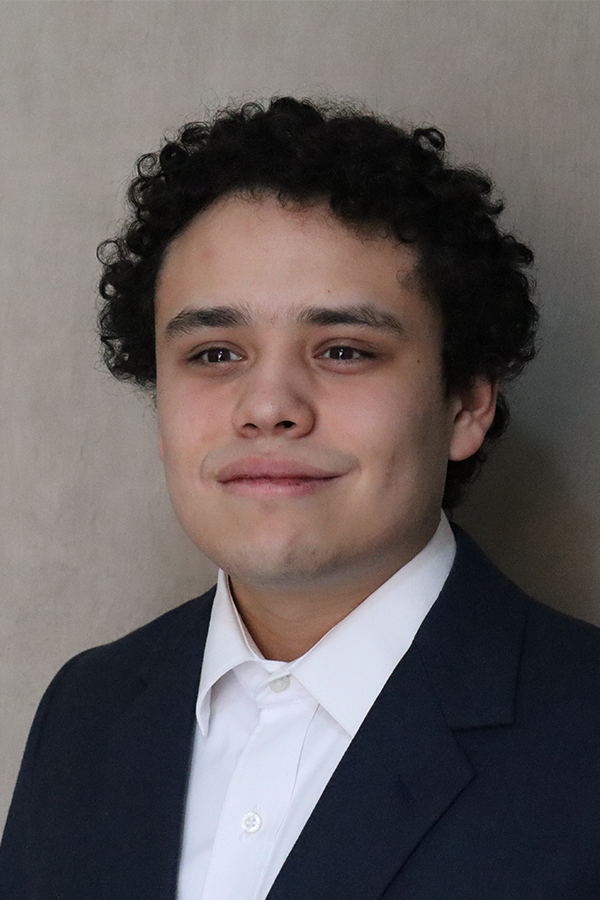
Juan Carlos Rueda Silva
- Alumni
- Mexico
- 2021 PhD Genetics
- Trinity College
I became passionate about biological systems and epigenetic regulation while I was studying my B.Sc. in Biotechnology Engineering at Instituto Tecnologico y de Estudios Superiores de Monterrey – Campus Estado de Mexico, but also intricated with the complexities of these systems. I am convinced that they hold the key for treating diseases with clinical unmet needs, as such during my undergraduate program I conducted research related with RNA biology and gene silencing. During my PhD in genetics at Cambridge I will work on conducting research on RNA epigenetics and posttranscriptional gene regulation, as I strongly believe that these areas of research will allow us to gain a better understanding of the functioning of biological systems and to search for potential treatments for diseases, such as Cancer. I am very proud and excited to be a part of the Gates Cambridge Community, a community of scholars who believe in the power of knowledge for transforming societies.
Previous Education
Inst Tecnológico de Monterrey Estado de Mexico Biotechnology Engineering 2020
Andres Ruiz Ojeda
- Scholar
- Mexico
- 2023 PhD Politics and International Studies
- Christ's College
Andres Ruiz Ojeda
- Scholar
- Mexico
- 2023 PhD Politics and International Studies
- Christ's College
I have always been fascinated by government’s capacity to address society’s most pressing challenges. During my undergraduate studies at CIDE, Mexico’s premier public social sciences institution, I developed a strong interest in the politics of policymaking while strengthening my understanding of research by collaborating with projects concerned with drug policy and penitentiary reforms. Afterwards, my post-graduation work as a lobbyist provided invaluable frontline experience in Mexican politics across multiple sectors and I thoroughly enjoyed the opportunity of engaging with large coalitions comprising politicians, activists, and citizens pursuing better policies for better outcomes. Having completed my MPhil at Cambridge and served as a policy analyst for a presidential campaign in Mexico, my doctoral research now examines the intricate co-constitution between international human rights law and Latin American countries’ foreign policy priorities. As a proud member of the Gates Cambridge community, I am committed to placing a better understanding of policy determinants at the heart of government decision-making to create more effective and equitable outcomes for society.
Previous Education
University of Cambridge Politics and International Studies 2022
CIDE Public Policy 2019
Camilo Ruiz
- Alumni
- United States
- 2016 MPhil Biological Science (Sanger Institute)
- King's College
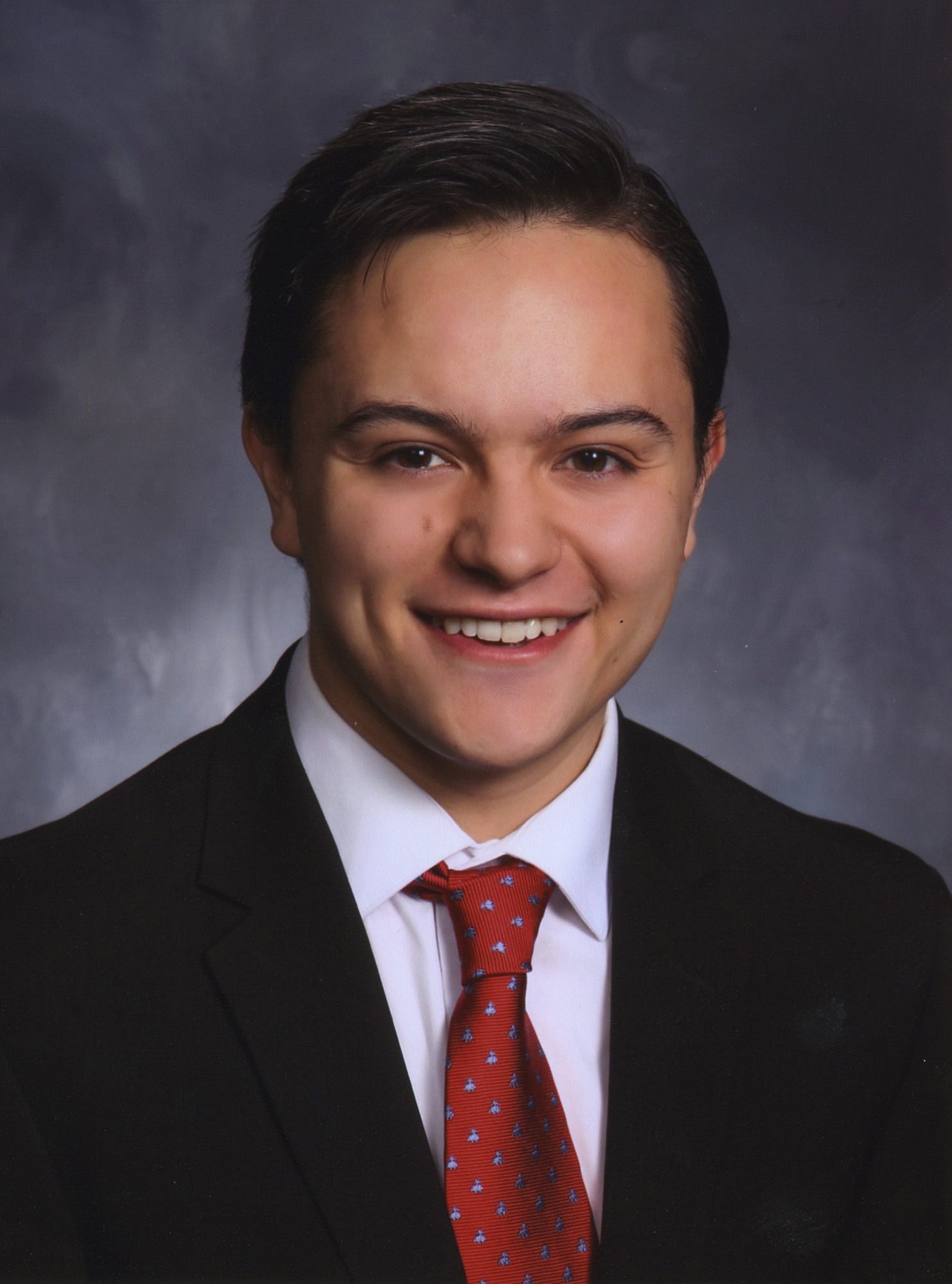
Camilo Ruiz
- Alumni
- United States
- 2016 MPhil Biological Science (Sanger Institute)
- King's College
Camilo Ruiz is a senior at the Massachusetts Institute of Technology majoring in Biological Engineering. He has conducted extensive research focusing on translational and high-impact work. Working on a team at the DNA Medicine Institute, Camilo helped to develop a blood diagnostic device capable of shrinking a room’s worth of hospital equipment into a patient’s hand. The device won the $500K Nokia Sensing XChallenge competition and is a finalist for the $10M XPrize. Working on a team at MIT’s Langer Lab, Camilo helped to develop the CellSQZ, a microfluidic device to deliver macromolecules to many cell types. In 2014, the device was named a “Top 10 World Changing Idea” by Scientific American. Overall, Camilo has two main goals. First, he hopes to develop cutting-edge tools that make bioengineering cheaper, faster, and more accessible. Second, he hopes to invent biotechnologies that solve critical problems in health and energy. Through the Gates Cambridge Fellowship, Camilo will pursue an M.Phil. in Biological Science. By developing a strong foundation in machine learning and other computational techniques, he hopes to model, design, and construct biological systems more effectively.
Previous Education
Massachusetts Institute of Technology
Kristin Rule
- Alumni
- United States
- 2002 MPhil Materials Modelling
- Churchill College

Kristin Rule
- Alumni
- United States
- 2002 MPhil Materials Modelling
- Churchill College
Professional interests: developing a chemical-scale understanding of how form influences function in complex biological macromolecules; molecular recognition of and by RNA. Non-academic interests: Russian language, dance, Georgian cuisine
Christopher Rumball
- Alumni
- New Zealand
- 2007 MPhil BioScience Enterprise
- Wolfson College

Christopher Rumball
- Alumni
- New Zealand
- 2007 MPhil BioScience Enterprise
- Wolfson College
Work as a doctor in Afghanistan in 2002 for Medecins sans Frontieres illustrated to me the importance of very simple maternal and child health care in improving survival and the quality of life in children. My recently completed doctoral thesis, which studied the role of maternal nutrition around conception in the developmental origins of health and disease, further emphasised the critical importance of good maternal diet to the long-term health of her children. However, provision of healthcare in developing countries is challenging and requires robust, cost-effective, well-proven interventions. I am particularly interested in the application of technology to health problems in the developing world, for which there is huge potential, and the business models that may serve to develop these solutions. The Masters in Bioscience Enterprise in Cambridge provides the ideal combination of science and business education to allow me to pursue these interests.
Roan Runge
- Alumni
- United States
- 2019 PhD Anglo-Saxon, Norse and Celtic
- Magdalene College

Roan Runge
- Alumni
- United States
- 2019 PhD Anglo-Saxon, Norse and Celtic
- Magdalene College
My studies have led me towards two fields which have, so far, had very little overlap. In my undergraduate degree at Exeter College, Oxford, I focused on medieval language and literature, which led me to an interest in medieval Irish literature, with the opportunity to study the language and literature of Ireland in my final year. Simultaneously, I became more interested in trans theory, writing my dissertation on queer and trans women in modern science fiction and fantasy comics. Currently, in my Master’s degree in the department of Celtic and Gaelic at the University of Glasgow, I combine these two areas of study, using trans theory to examine the role of figures on the boundary between human and animal in medieval Irish literature. Thinking about the continued dehumanization of trans people, as well as trans reclamations of unhumanity and monstrosity, I hope to take theoretical approaches to figures who linger between species and gender. I believe this approach has potential to open up new avenues of inquiry in Celtic Studies, as well as to build alternate ways of looking towards trans pasts in order to consider trans futures.
Previous Education
University of Glasgow Celtic Studies 2019
University of Oxford English Language & Literature 2018
Antonia Ruppel
- Alumni
- Germany
- 2001 MPhil Classics
2002 PhD Classics - Newnham College
Antonia Ruppel
- Alumni
- Germany
- 2001 MPhil Classics
2002 PhD Classics - Newnham College
Colin Russell
- Alumni
- United States
- 2002 PhD Zoology
- Queens' College

Colin Russell
- Alumni
- United States
- 2002 PhD Zoology
- Queens' College
Oksana Ruzak
- Alumni
- Ukraine
- 2001 PhD Engineering
- St John's College
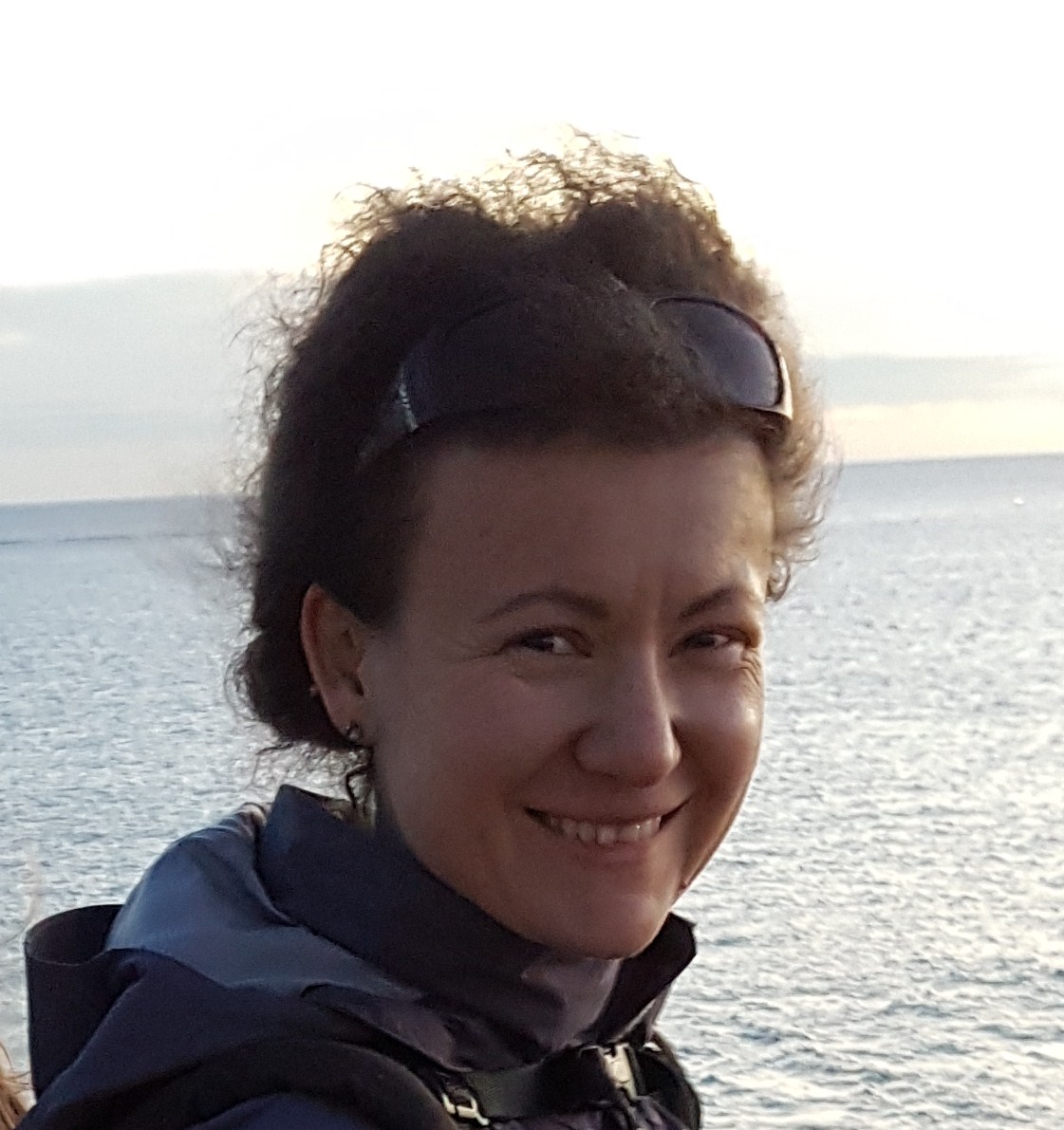
Oksana Ruzak
- Alumni
- Ukraine
- 2001 PhD Engineering
- St John's College
I am from Ukraine, from a beautiful city called Lviv.
I was inspired to do Physics, when I was finishing school, so I did my undergraduate degree in Physics (specialising in Optics and Physics of Medicine). Studying was a lot of fun, and some subjects really feel like your brain is stretching! I also did lots of other things volunteering with student organisations and took part in archaeological expedition digging up a 3 thousand year old burial ground and on another occasion helped to restore a 16 century castle and palace! I also led teams at hiking competitions, and challenged perceptions that girls are no good at hiking by leading a ladies team to a 4th place over a challenging route in a tight contest with 25 other teams.
Later I got Gates Cambridge Scholarship to do a PhD at the University of Cambridge. This has completely transformed my life. Imagine being able to go to one of the best universities in the world! Walking through Cavendish Laboratory museum (as a Physicist) and looking at the photographs of people who made history in Physics was unforgettable. And soon I also realised that that people around me are still making that history - and that I could be making it myself!
In my PhD I worked on Liquid Crystals, I have kept my enthusiasm for these materials ever since. After submitting my thesis I wanted to do something crazy, and a trip to Nepal, a hike up to Everest base camp and an expedition to a 6,189m peak (Island Peak or Imja Tse) seemed to fit the bill. It was the most exciting travel experience I ever had. I even came back in one piece to do my viva.
Industry found my research worth investing in, and I have spent a number of years at Cambridge University doing some exciting liquid crystal based work, adding different nanomaterials to Liquid Crystals to make new functional materials for Photonic and Radio Frequency applications.
Meanwhile I won a highly prestigious Junior Research Fellowship from Wolfson College, Cambridge. And for 4 very happy and exciting years while working in one of the best Universities in the World, I was also involved in the College governance, organised seminars, Research days and did lots of ballroom and salsa dancing and singing in a choir of very high standard. I interacted with some amazing researchers from a variety of fields, which is perhaps the best and absolutely invaluable part of being a College Fellow at Cambridge.
Later I had a privilege of getting a Visiting Research Fellowship from the International Institute of Complex Adaptive Matter and spent super-productive and super-fun 2 months in Colorado (University of Colorado at Boulder). Lots of skiing and lab work, and some really cool science!
I also found the appeal of Graphene, as the Nobel Prize was awarded in 2010 hard to resist, and I moved to the nanomaterials side of research for a bit.
Around that time something that is known as two-body problem became an issue for me. In Physics, two-body problem is a mechanical interaction of two solid objects, and it can be solved using equations. In life, two-body problem is when two romantically minded academics/researchers want to get together with an intent to form a family, but to do it they need to find jobs in the same geographic region (and ideally, in the same University). This human problem can be solved using equations only to a certain extent, but we managed pretty well, with one person moving countries but staying in the same research field, and another staying in the same country (moving universities), but changing research field.
This is how I got interested and started working in Ultrasonics and non-destructive testing at the University of Warwick. I am thrilled that I had made this rather bold step, as the amount of exciting applications is huge, and they really resonate with my desire to make the world a better place. Plus, I bring my experience in the field of Liquid Crystals and Optics, so I can make some new and amazing things happen.
Now I am a mom of two lovely girls, I love my work and teaching, and I do my best to share my passion for my research with others.
Previous Education
Ivan Franko Lviv National University BA Physics 2000
David Rybicki
- Alumni
- United States
- 2001 MPhil European Literature
- Trinity Hall

David Rybicki
- Alumni
- United States
- 2001 MPhil European Literature
- Trinity Hall








